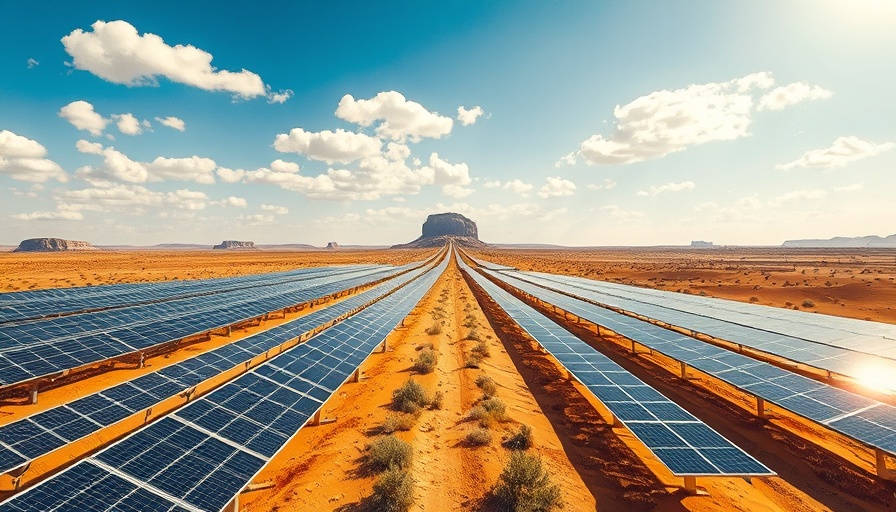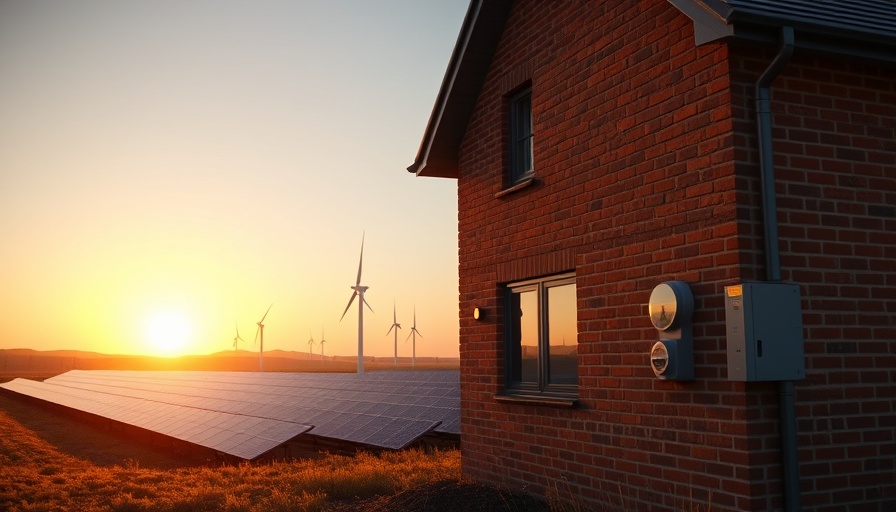
Senate's Bold Move to Rollback Clean Energy Tax Credits: What’s at Stake?
The United States Senate is poised to reshape the clean energy landscape drastically by introducing draft legislation that would roll back key components of the Inflation Reduction Act (IRA). This roll back threatens to undermine years of progress made in clean energy and climate initiatives. The proposed elimination of tax credits for electric vehicles (EVs), solar panels, and energy-efficient home upgrades has sparked concern among environmentalists and industry leaders alike.
Why It Matters: Economic and Environmental Impacts
Chief Executive of America’s Clean Power, Jason Grumet, highlighted that these legislative changes could drive household electricity bills up while jeopardizing hundreds of thousands of jobs across the nation. Specifically, the elimination of a $7,500 EV tax credit within 180 days of passing the legislation would add to the financial strain on consumers. This could lead to decreased adoption rates of EVs, which are vital in the fight against climate change.
Jobs at Risk: A Dire Future for Clean Energy Workers
The impact of these policy shifts would disproportionately affect Republican districts where many clean energy projects are located. With clean energy jobs flourishing in areas once heavily dependent on fossil fuels, this rollback could represent a severe setback. As jobs in solar and wind power projects phase out, increased amounts of technological innovation — particularly in AI data centers — could be hobbled as businesses seek more favorable conditions abroad.
Future Predictions: A Wake-Up Call for Climate Action
Environmental advocates warn that the rollback could put the U.S. back on a path of escalating climate extremes. Without the support of tax incentives, we may face more severe consequences in the coming years, including rising energy prices, intensified weather patterns, and a loss of biodiversity. Reports show a troubling correlation between such policy changes and worsening climate conditions that could have far-reaching effects on communities throughout the nation.
Restoring Hope: What Can We Do?
It's not too late. Individuals can advocate for clean energy initiatives by contacting their local representatives to express opposition to such rollbacks. Grassroots movements and consumer pressure can influence legislation, ensuring that the benefits of clean energy technology remain accessible to all. Informed citizens can play a crucial role in pushing for sustainable policies that foster innovation and protect both jobs and the planet.
By understanding the implications of these legislative changes, we are better equipped to advocate for a cleaner, healthier future. Our collective actions are vital in facing the challenges of climate change head-on and ensuring our energy grid remains resilient and sustainable.
 Add Row
Add Row  Add
Add 



Write A Comment